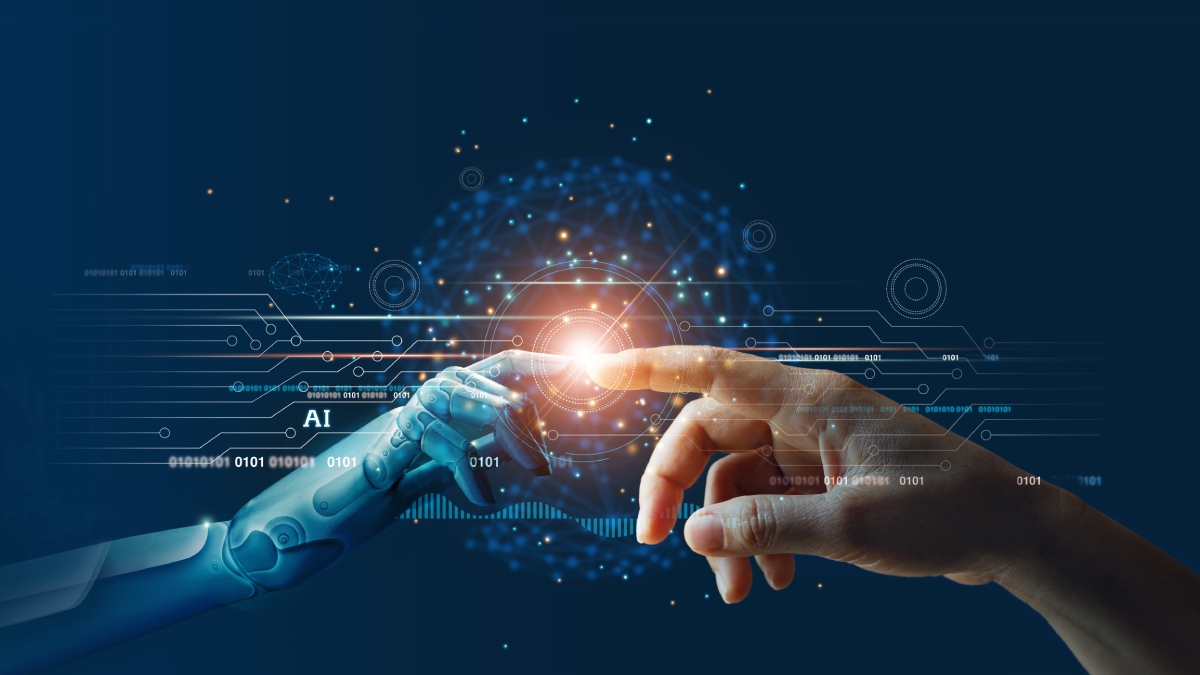If you follow the tech industry, you’ve heard about ChatGPT. Whether you think it’s the future of chatbot technology or you’re erring on the side of caution, if you know about it, you’re bound to have an opinion.
As Google confirms a rivalling service, interacting with AI will soon become commonplace in our personal and professional lives. But what does that mean for data and analytics?
Launched late in 2022, ChatGPT has quickly become an online sensation. In its most basic terms, it’s a conversational chatbot powered by AI that’s designed to answer queries in a way that mimics natural conversation. It’s more than just a chatbot, though — ChatGPT has already been used to draft essays, write poetry, produce songs and, in one case, encourage a woman to leave her husband.
Undoubtedly, a major strength of conversational AI is its ability to analyse large datasets and convert them into forms humans can understand. It’s understandable, therefore, for data analysts to feel rather unnerved about the potential of ChatGPT. But should they be worried?
When man meets machine
ChatGPT makes use of large language models (LLM), in this case research laboratory OpenAI’s Generative Pretrained Transformer (GPT), and natural language processing (NLP) to quickly and accurately give responses to a wide range of questions. Users can ask things like “explain a wormhole to me like I’m a five-year-old”, and in seconds it will give a response that meets those requirements.
Similarly, a CEO could ask, “what can I do to increase customer satisfaction?” or “how can I generate leads in X industry?” If they can receive answers to these questions successfully, do they need a data analyst to uncover these insights?
The short answer is, yes. There’s no need to panic, or to throw the viability of having a data expert into question. ChatGPT could well form a part of a business’s data strategy, but it certainly won’t act alone.
Working together
It’s true, ChatGPT can write computer code that fits a user’s specification. It’s proven to be fairly successful at doing this, with several users proving it can successfully assist with tasks such as generating SQL theories. In fact, when analytics engineer Marie Truong put ChatGPT to the test, the AI was not only able to complete some code-generating challenges, but it also succeeded at correcting its mistakes. Moreover, ChatGPT did this in just seconds, whereas a human analyst may take several minutes to generate code.
However, it’s important to note that ChatGPT failed half the tasks Truong assigned it. Crucially, it would be pretty surprising for a CEO or other non-data expert to come to ChatGPT with a request as specific and well-defined as a data analyst could ask. As a result, they just wouldn’t get the answers they’re looking for.
Ultimately, a data analyst doesn’t just generate code. They’re tasked with a multitude of responsibilities to help collect, analyse and transform data into business decisions.
Sure, ChatGPT has the whole World Wide Web’s worth of data at its immediate disposal, but it doesn’t know the intricate complexities of every business. Only a human data analyst working in the field and interacting with each area of a business can really understand what challenges data is helping to solve.
Being a data expert requires competence in programming languages and knowledge of cloud systems, but it also requires a range of soft skills that — at least right now — only humans can possess. Language models such as ChatGPT can provide support when building a data strategy, but businesses seriously looking to benefit from their data need a human touch.


